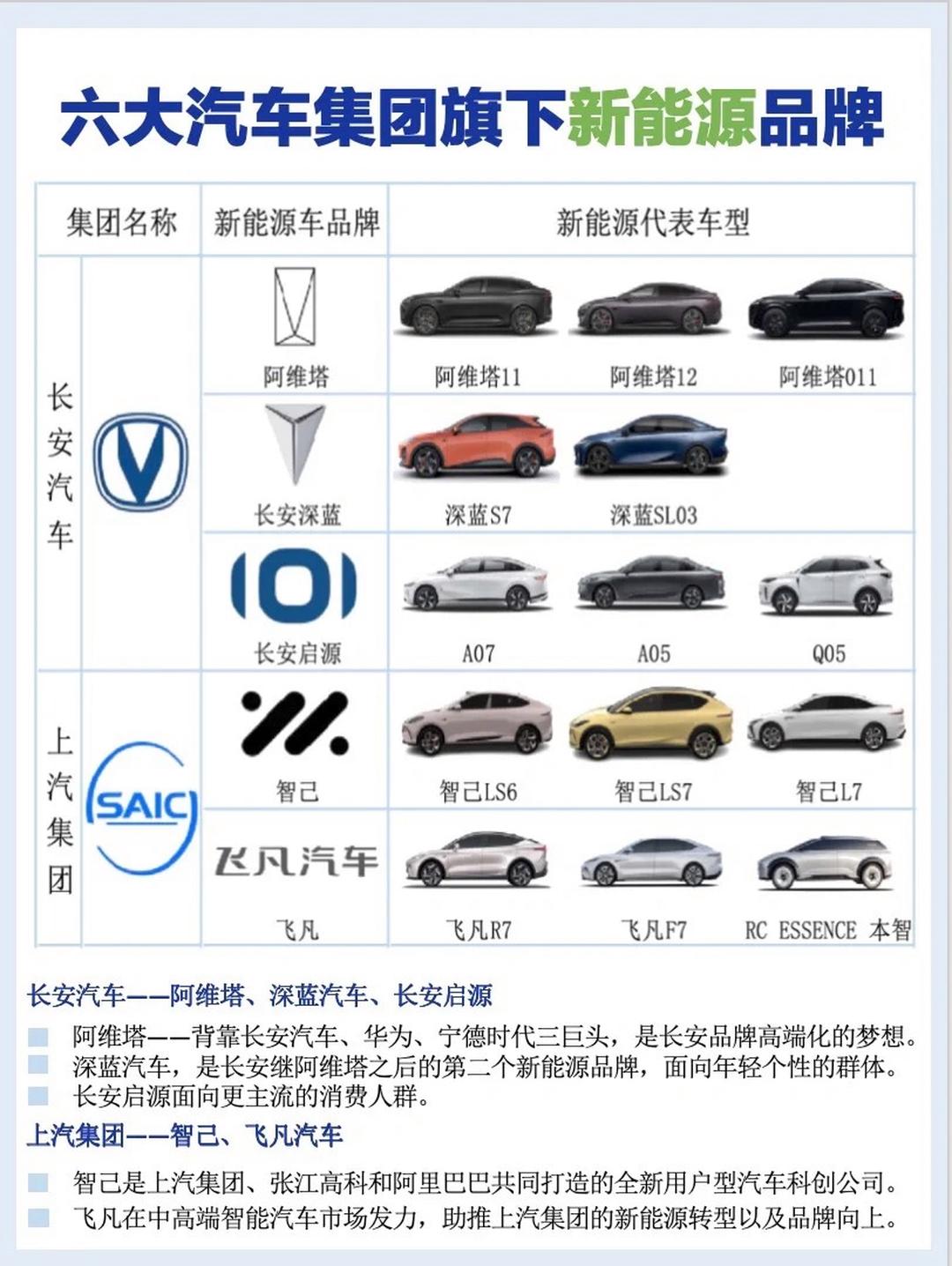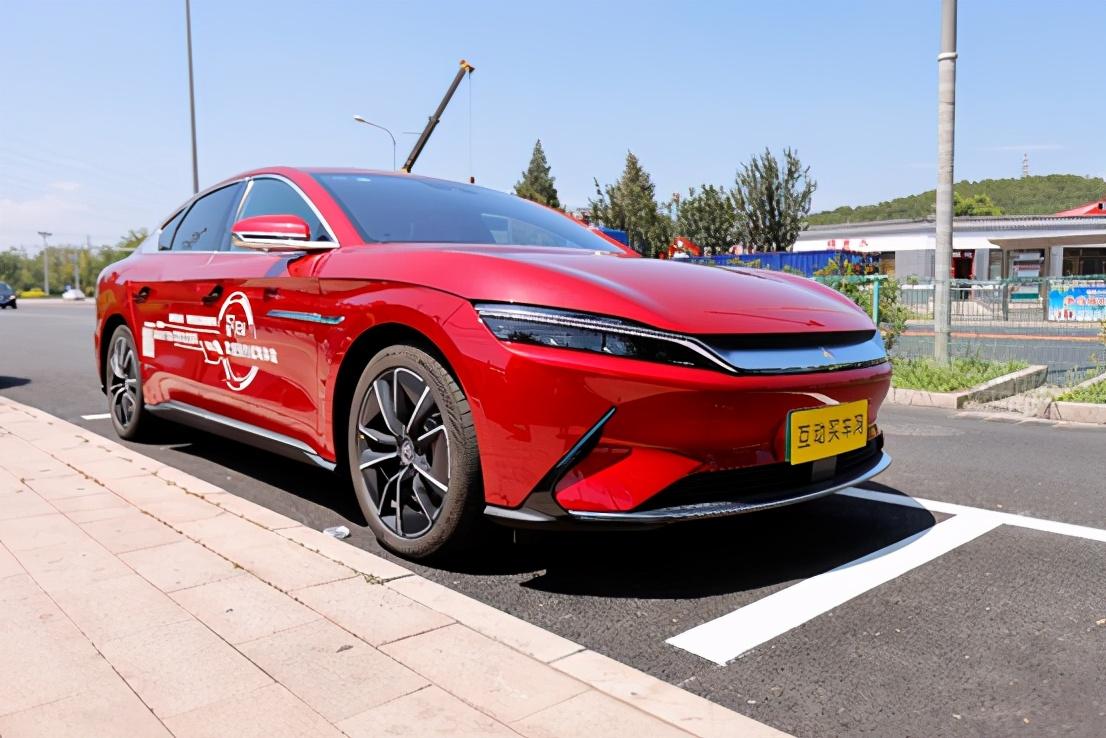Title: The Evolution of German Automotive Brands: A Historical Overview
The automotive industry has been an essential part of Germany's history and economy for centuries. German automobile brands have evolved significantly over time, starting from the early days of motoring to becoming some of the most respected brands in the world today. In this historical overview, we will explore the key milestones in the evolution of German automotive brands, from their origins in the late 19th century to their dominance in the 21st century. We will examine how each brand has adapted to changing market conditions, technological advancements, and consumer preferences while maintaining its unique identity and reputation. From Volkswagen to BMW, Mercedes-Benz to Audi, these iconic brands have left an indelible mark on the world of automotive engineering and design. Their success is a testament to German engineering excellence and innovation, and their legacy continues to inspire future generations of automakers around the globe.
German automotive brands have a long and storied history, with many of the world's most iconic cars hailing from this region. From the sleek design of the Volkswagen Beetle to the powerful performance of the BMW M3, these brands have captured the hearts and minds of car enthusiasts around the globe. This article will provide a comprehensive overview of the evolution of German automotive brands, including their founding, key milestones, and notable contributions to the industry.
The Roots of German Automotive Excellence

The roots of German automotive excellence can be traced back to the early 20th century, when Germany began to emerge as a global leader in automobile production. In the years following World War I, Germany's post-war economic boom led to a surge in automotive manufacturing, with companies like Daimler-Benz and Benz building high-quality cars that were popular around the world. By the late 1920s, Germany was producing more than half of the world's passenger cars, cementing its status as a major player in the automotive industry.
The Rise of the Third Reich and the End of German Automotive Leadership
However, Germany's rise as a dominant force in automotive manufacturing came at a cost. In the 1930s, as Hitler's Nazi Party took power, Germany's government began to prioritize military production over civilian industries, including automobile manufacturing. This led to widespread labor shortages and increased costs for consumers, ultimately resulting in the decline of German automotive dominance.
Following World War II, Germany was left in ruins, with many of its factories destroyed or severely damaged. The country's economy struggled to recover, and German automakers faced significant challenges as they tried to rebuild their businesses. In the decades that followed, several European nations emerged as major players in the automotive industry, leading to a shift in global focus away from Germany.

A Resurgence in German Automotive Excellence in the Post-War Era
Despite these challenges, German automakers continued to invest heavily in research and development, striving to regain their lost reputation as leaders in the industry. In the 1950s and 1960s, Germany experienced a resurgence in automotive manufacturing, with companies like Mercedes-Benz and Volkswagen building highly sought-after luxury vehicles and affordable mass-market models.
During this period, Germany's auto industry also played a pivotal role in the development of modern automobile technology. For example, Volkswagen's chairman, Martin Winterkorn, is credited with helping to pioneer the use of diesel engines in cars, which have become increasingly popular due to their lower fuel consumption and better performance.
The Global Reach of German Automotive Brands Today

Today, German automotive brands continue to be leaders in the industry, with companies like Volkswagen Group, Audi, Porsche, and BMW producing cars that are widely regarded as some of the best on the market. These brands are known for their innovative designs, cutting-edge technology, and exceptional performance, making them beloved by car enthusiasts across the globe.
In addition to luxury vehicles like Mercedes-Benz and BMW, German automakers also produce a diverse range of cars and SUVs for consumers seeking affordable options. Models like Volkswagen Jetta and Audi Q3 are popular among families and budget-conscious buyers alike, thanks to their stylish designs, advanced safety features, and reliable performance.
Conclusion
German automotive brands have a rich history that spans over a century, from their humble beginnings during World War I to their current position as leaders in the industry today. While they have faced numerous challenges over the years, including war, political instability, and shifting global trends, German automakers have always remained committed to innovation and excellence. As they continue to push boundaries and redefine what it means to drive a great car, there is no doubt that German automotive brands will remain an integral part of the automotive landscape for years to come.

与本文知识相关的文章:



